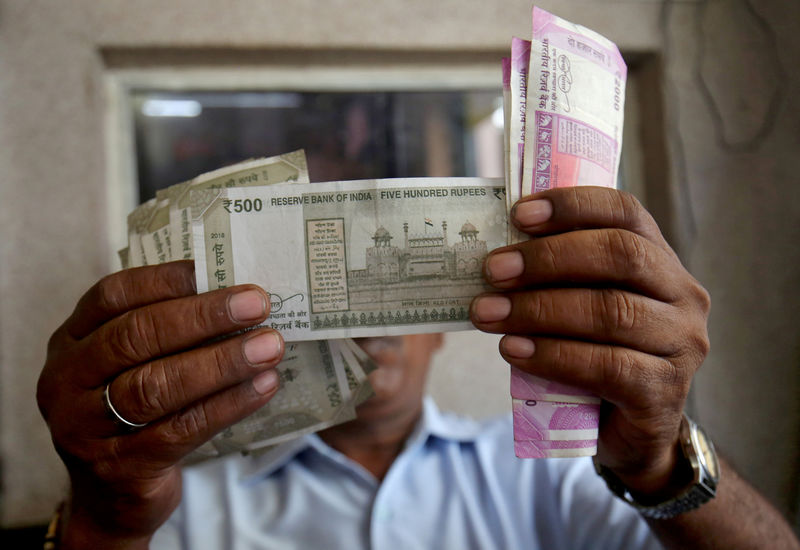BofA warns Fed risks policy mistake with early rate cuts
Investing.com-- Asian currencies steadied on Tuesday after sharp losses in the previous session, as the U.S. dollar strengthened after a trade deal between the U.S. and the European Union.
Investors remain cautious ahead of the August 1 impending tariff deadline set by President Donald Trump. Market participants also braced for interest rate decisions from the Bank of Japan and the U.S. Federal Reserve this week.
The US Dollar Index, which measures the greenback against a basket of major currencies, edged up 0.1% after climbing more than 1% on Monday.
US Dollar Index Futures traded slightly higher in Asia hours.
Asia FX saw sharp losses after US-EU trade deal
President Trump announced a U.S.–EU framework deal on Sunday. The agreement includes a 15% tariff on EU goods entering the U.S., down from the 30% originally proposed.
Markets welcomed the clarity but judged the terms tilted in Washington’s favour. That bolstered dollar sentiment and weighed on major Asian currencies.
The South Korean won extended losses, with the USD/KRW rising 0.3% on Tuesday after a sharper rise in the previous session.
The Australian dollar’s AUD/USD pair was largely muted after falling 0.7% on Monday.
The Singapore dollar’s USD/SGD pair gained 0.1% after a 0.5% rise on Monday.
Meanwhile, the U.S. and China resumed negotiations in Stockholm on Monday. They aim to extend a trade truce ahead of an August 12 deadline.
Both the onshore USD/CNY and offshore USD/CNH Chinese yuan pairs traded largely unchanged.
The Indian rupee was set for its ninth consecutive loss against the greenback, with the USD/INR pair rising 0.3% on Tuesday.
Risk sentiment remains fragile despite trade progress. The U.S.‑EU pact and talks in Stockholm have not eased concerns over higher tariffs from August 1.
Both BOJ, Fed expected to hold rates steady
Investors await two key central bank meetings this week. The Federal Reserve begins a two‑day policy meeting, with no rate change expected.
Markets will focus on its forward guidance and the outlook for possible rate cuts in the coming months.
The BOJ is also expected to hold interest rates steady on Thursday amid global trade certainty and domestic political flux.
The Japanese yen’s USD/JPY pair was also muted on Tuesday, after rising in the previous session.
Analysts believe that the U.S.-Japan trade deal signed last week would provide some room to policymakers to raise rates again later this year.
Still, investor sentiment in Japan remained cautious amid ongoing political uncertainty, following the ruling coalition’s defeat in upper house elections and speculation over Prime Minister Shigeru Ishiba’s potential resignation.
